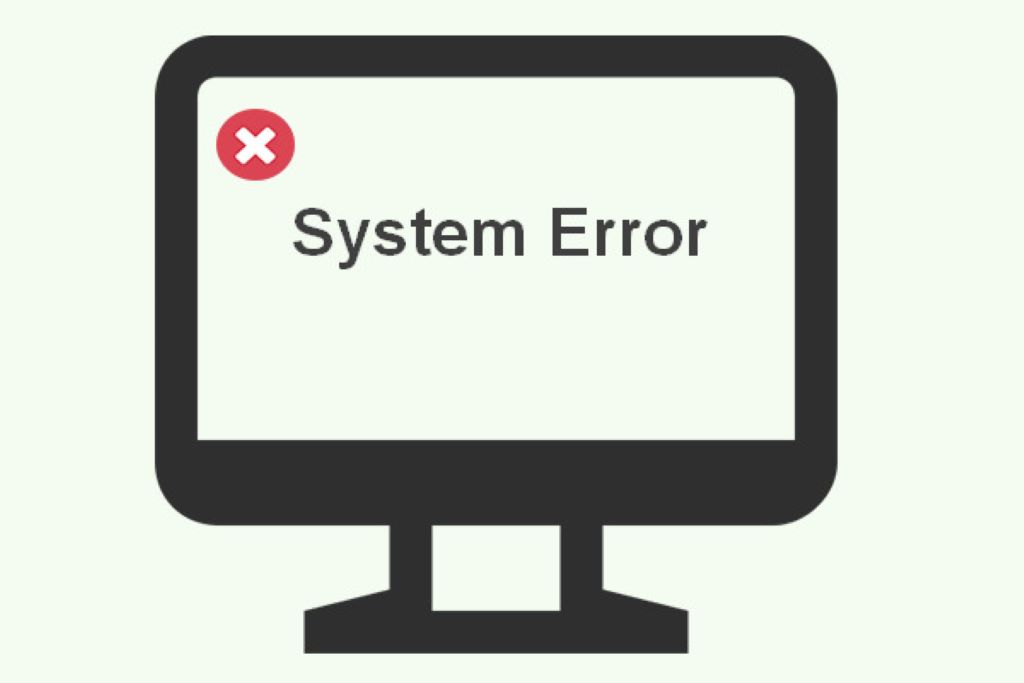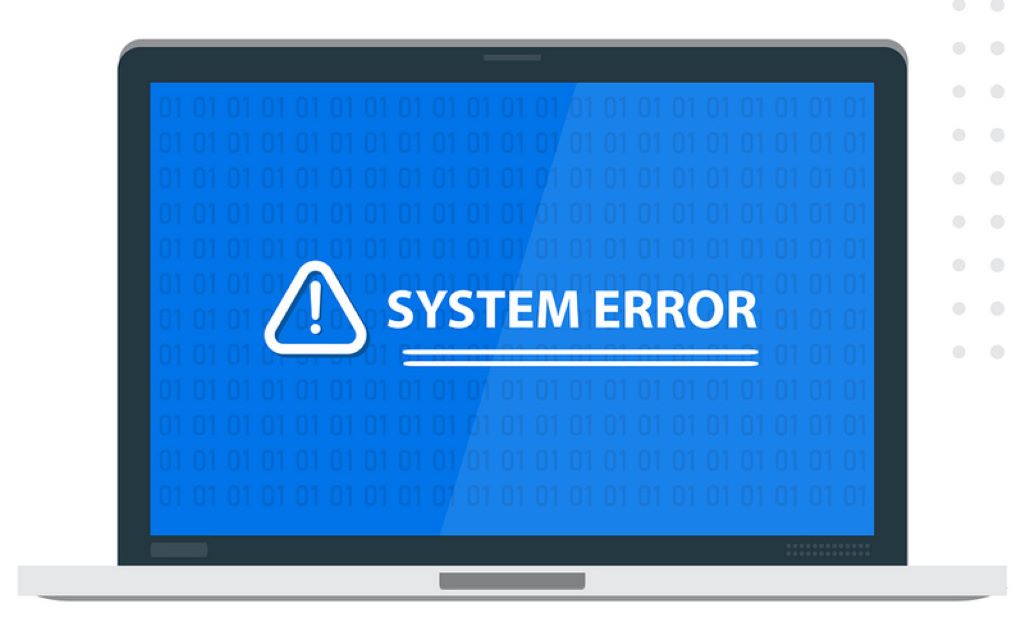Have you ever been in the middle of something important on your computer, only to be interrupted by a pesky system error message? It’s a frustrating experience that many of us have faced. But fear not, for in this article, we’re going to dive deep into the world of system errors, understand why they happen, and explore ways to troubleshoot and fix them. So, if you’re tired of seeing those cryptic error messages, keep reading to gain a clearer insight into this common tech hiccup. This article is managed by Ltechuk.com.
Understanding System Errors: Unraveling the Mystery
What Exactly is a System Error?
Imagine you’re driving a car and suddenly you encounter a roadblock. Similarly, a system error acts as a roadblock for your computer. It’s essentially a message from your operating system or a software application indicating that something unexpected has occurred. These errors can manifest in various forms – from a simple notification to a complete system crash.
The Anatomy of a System Error
System errors come in different shapes and sizes, each with its unique error code or message. These codes might look like gibberish at first, but they hold valuable clues about the underlying issue. For instance, a serious error has occurred in the system software ps4, an error code might point towards memory issues, compatibility problems, or even a missing file crucial for the software to run smoothly.
Why Do System Errors Happen?
System errors are like the hiccups of the digital world – they can be triggered by a multitude of factors. Sometimes, it’s a result of software bugs or glitches in the code. In other cases, hardware components might be struggling to communicate effectively. Outdated drivers, insufficient memory, and conflicts between different programs can also lead to these errors.
Troubleshooting System Errors: Taking Action
Restarting – The Magic Fix
Before delving into complex solutions, always start with the basics. A simple restart can do wonders in clearing out temporary issues that might have caused the error. It’s like giving your computer a moment to catch its breath and start fresh.
Unraveling Recent Changes
Did the error start occurring after you installed a new program or update? Sometimes, new installations can create conflicts with existing software. In such cases, uninstalling the recently added program might resolve the issue.
The Power of Updates
Outdated software is a breeding ground for errors. Developers often release updates to patch vulnerabilities and improve compatibility. Keeping your operating system, drivers, and applications up to date can significantly reduce the occurrence of system errors.
Clearing the Cache
Just as a cluttered room can make it hard to find things, a cluttered cache can confuse your computer. Cached files can become corrupted over time and lead to errors. Clearing your cache regularly can prevent this buildup and potentially resolve error-related issues.
Conclusion
In the world of technology, system errors are like unexpected rain during a picnic – they can put a damper on things. However, armed with a bit of understanding and troubleshooting know-how, you can tackle these errors head-on. Similarly, delving into topics like how is Hydraulic Hose Measured? A beginner’s guide empowers you with knowledge, just as understanding error codes guides you towards effective solutions. Remember, every error code is a clue, a breadcrumb trail leading you closer to the solution. So, the next time a system error pops up, you’ll be better equipped to decode its message and restore your digital experience.
FAQs
- Can a virus or malware cause system errors?
Yes, malicious software can interfere with your system’s normal operations, leading to errors. It’s essential to have reliable antivirus software to prevent such issues.
- Why do some errors cause system crashes?
Certain errors can trigger a chain reaction that disrupts critical processes, leading to a system crash as a protective measure.
- Are all error codes the same across different software?
No, error codes are usually specific to the software or operating system they belong to. Understanding the context is crucial for effective troubleshooting.
- Should I attempt to fix system errors myself?
For basic errors like software conflicts, you can try troubleshooting on your own. However, for more complex issues, seeking professional help might be a better choice.
- Can overheating hardware cause system errors?
Absolutely. Overheating can lead to hardware malfunctions, which in turn can trigger system errors or crashes. Keeping your computer cool is important for its overall health.



